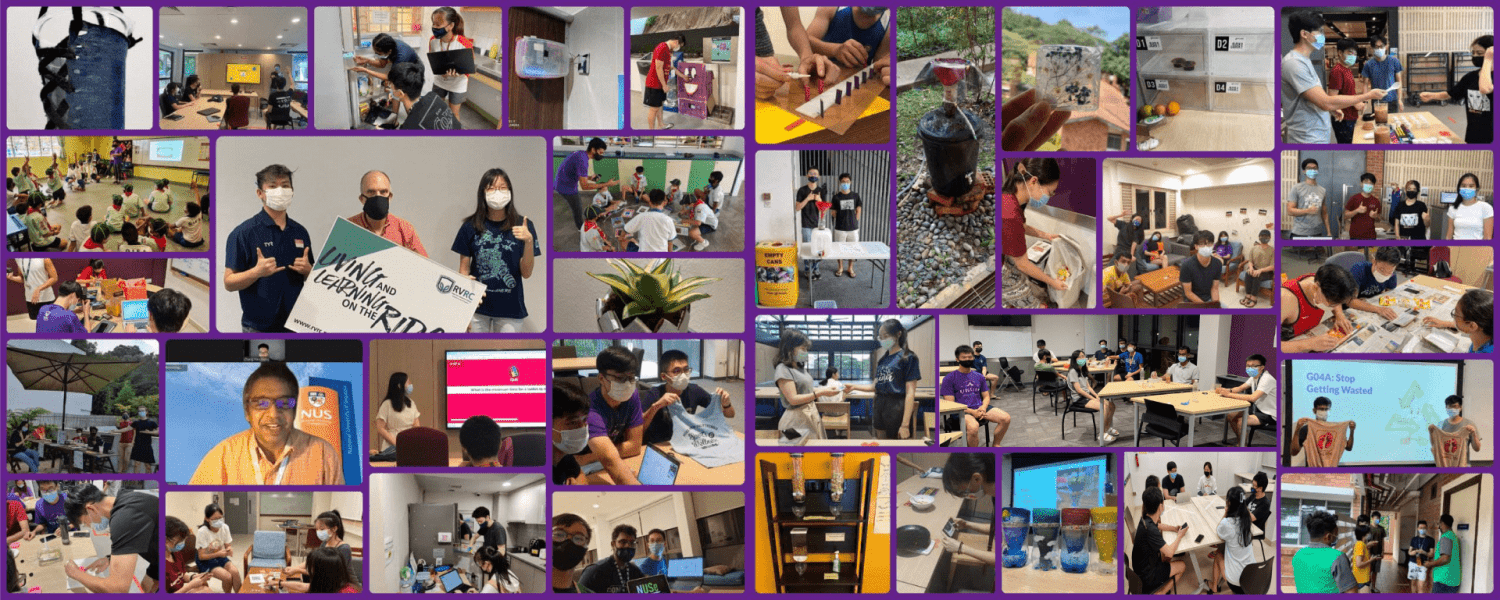Ashley Tan Xin Yi (Deng Xinyi), Lucian Wee Yang Xian, Cheow Yu Shan Cherilyn, Heng Jie Kai Joven, Kim Nahyun
Academic Advisor: Dr. Florence Ng
Receipt wastage in dining halls across NUS is a wastage of resources and is not in line with NUS stated goal of sustainability. Furthermore, the presence of BPA in receipts could pose health risks to students through dermal exposure (Konieczna, Rutkowska, & Rachoń, 2015; Arbor, 2018). Therefore, our project aims to reduce receipt usage. We first explored student awareness of the potential health risks and environmental impacts arising from the use of thermal paper receipts in dining halls. With residential college members as our survey group, we conducted a quantitative survey to investigate the level of student awareness. Our results showed that student awareness of the health and environmental impacts was high. Students were also open to the replacement of the current receipt system with a more environmentally friendly alternative. With these results in mind, our group proposed that the current receipt dispenser be replaced with a token dispenser. These tokens will replace the receipts as meal credits. They will be made of plastic and will be reused across semesters, ensuring their environmental impact is minimal (Cooper, 2012). The token dispenser will be programmed using an Arduino mini computer and will be fabricated using a 3D printer. We then conducted a trial testing the performance of our machine. With the feedback from the trial, we were able to further improve our design, increasing its feasibility. Thus, we recommend that NUS could consider replacing the current receipt system with the coin dispenser.
Keywords: Culture and Lifestyle Trends, Responsible Consumption, Receipt waste
